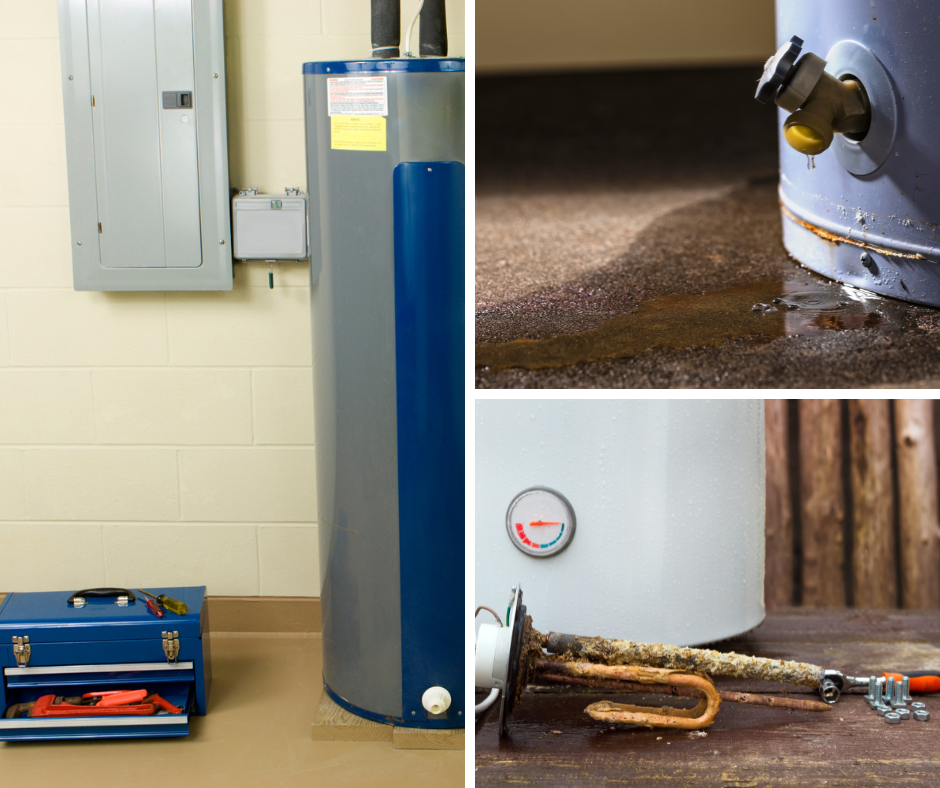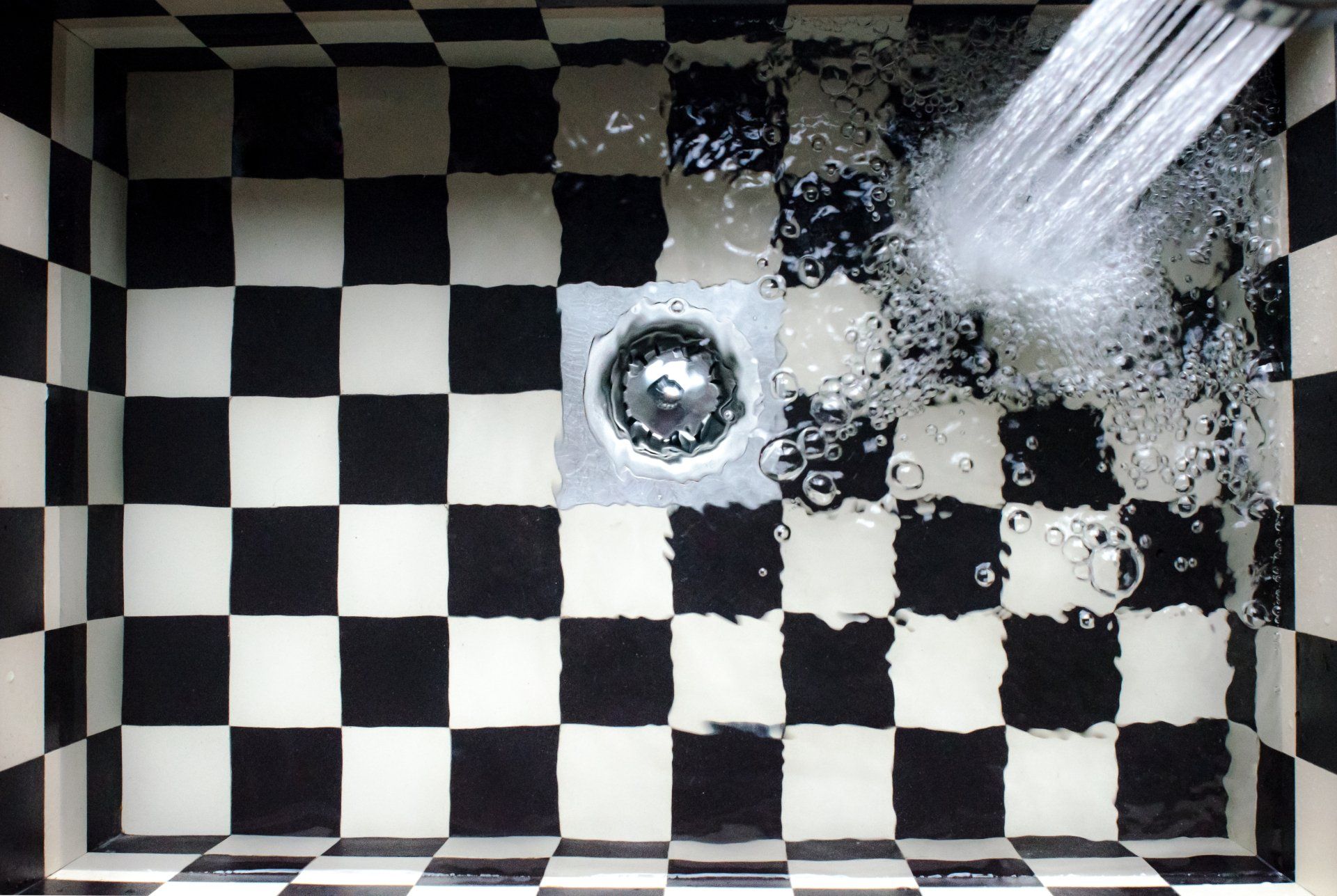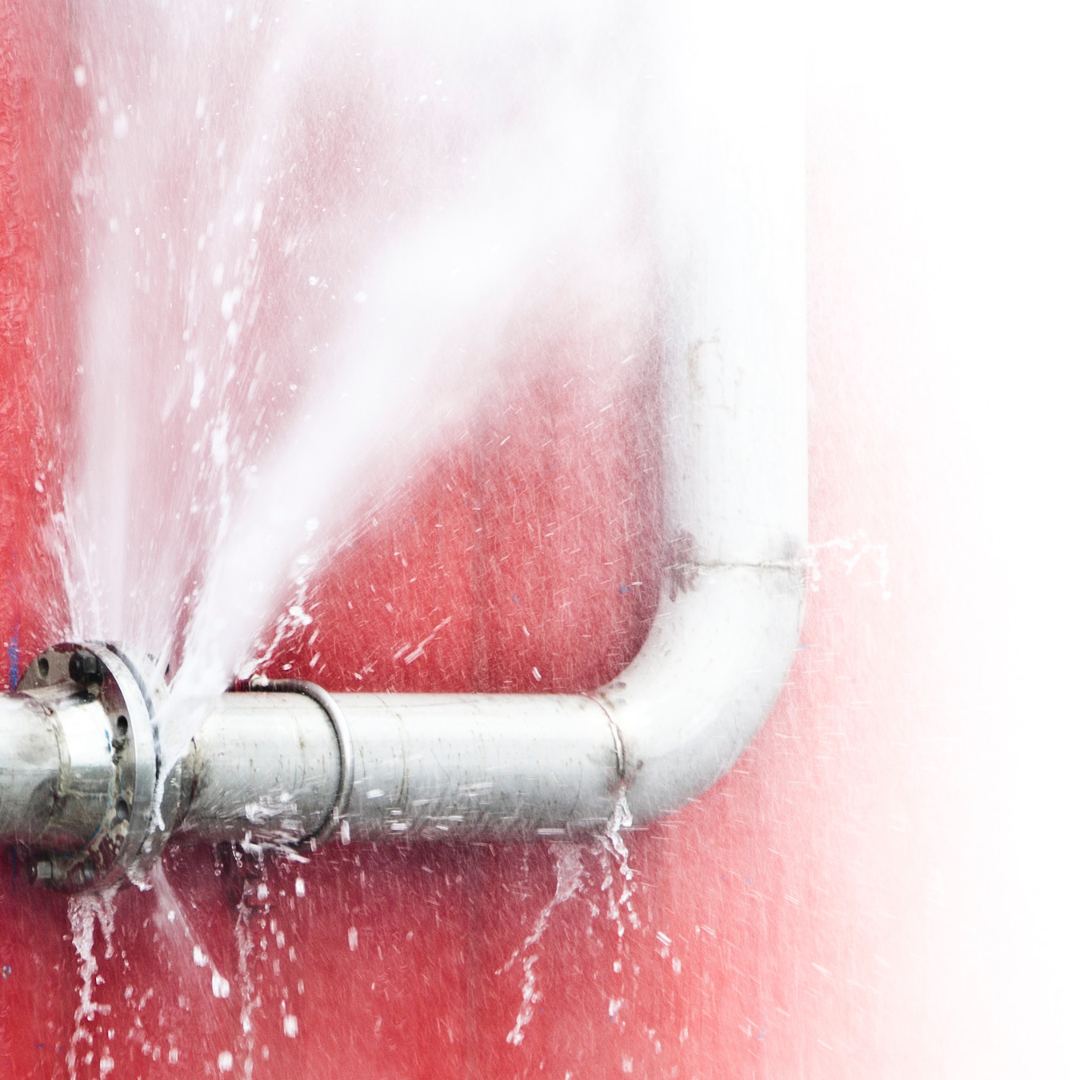Is It Time to Replace Your Water Heater? Understand the Signs and Lifespan
How long does a water heater last: water heater life expectancy
From hot showers to running the dishwasher, every household needs hot water. Unfortunately, it is very common to completely forget about water heater until they fully give out. The best scenario is managing to replace your water heater before it dies on you.
When it comes to home maintenance, it’s better to be prepared. There’s only so much one can fix and repair before the whole appliance needs to be replaced. Every water heater has an expiration date, so it’s useful knowing how many years yours has left. This will allow you to budget for repairs and replacement when the time comes.
Typically, water heaters last between 6 and 13 years. Of course, this also depends on the type of water heater you have:
- Traditional water heaters (with a tank): These last between 6 and 12 years. The main cause for replacement is corrosion inside the tank.
- Tankless water heaters: Without a tank, heaters last much longer. Around 20 years is a typical lifespan, and with proper maintenance we’ve seen several heaters last way beyond that. Corrosion is also the culprit of replacement, but since there is no water tank the wear and tear happens much slower.
What factors affect a water heater’s lifespan?
On top of the type of water heater you have, other outside factors will determine the final lifespan of your heater. In our experience, here are the most common issues:
- Water volume: This is an easy one. The more frequently and intensively water goes through your heater, the faster it will corrode. Of course, water heaters are made to sustain continuous use. However, expect a water heater in a 6-people household to last less than one used by one or two people.
- Hard water: Water with a higher mineral content (AKA hard water) speeds up corrosion in all plumbing, including your heater. The increased sediments also cause frequent malfunctions. In these cases, maintenance needs to be done more often.
- High water pressure: Water pressure that is too strong will slowly chip away at your pipes and your water heater. Ask your plumber to check, and if you have more than 80 ppi installing a pressure regulator is a must.
- Regular maintenance: Even if you have the best water quality, use your heater less often and have the right pressure, it will be all for nothing without regular maintenance. A plumber will be able to get rid of sediment buildup, spot rusting spots and make sure everything is working right. Without any maintenance, expect to replace your heater very often.

6 signs your water heater needs to be replaced
Water heaters can last as long as they're supposed to if with proper maintenance, but even so, they won't last forever. If you don’t know how old your heater is, or you’re wondering if it’s about to give out, here are some signs to look out for:
Rusty Water Is Coming Out
Rust is an indication of steel tank or pipe corrosion. If the water flowing from your faucets is tinted red, black or brown, it’s likely caused by corrosion inside the water heater or the pipes. It's best to get a plumber you trust to diagnose where the rust is coming from.
Unexpectedly high energy bill
A hike in your energy bills could be caused by a malfunctioning water heater. Think about how many hours a day the tank sits there and heats water. A problem in one of the heating elements, a failing thermostat, and other problems can significantly raise the cost to keep running the unit 24/7/365. Tankless water heaters don’t have this issue, since they only heat water “on-demand”.
Constant repairs needed
If you keep having to repair the water heater, it may be time to save your sanity by moving ahead with replacing the equipment. At this point, weigh the cost of replacing the unit versus the continuous investment in maintenance and partial replacement. Ask your plumber for their input if you fear their visits are becoming too frequent.
Not Enough Hot Water
Whether your family’s size changed, or the heater doesn’t heat up enough, this points out two issues. The first cause might be that the water heater is two small for the use you expect from it. So, for example, a small heater is often enough unless several people will be using hot water at the same time. Another cause for lack of hot water is buildup within the heater, which reduces the water output through the pipes.
Loud banging noises while in use
This is caused by excess sediments within the water tank. Because of the heat, sediments in the water tend to settle and harden at the bottom of the tank. When this layer is too thick, it cracks and moves, causing loud noises while the heater is on.
Weird-tasting hot water
Mainly due to rusting or bacteria overgrowth inside the tank, hot water that doesn’t taste right is a common thing. Your plumber will be able to look inside the tank and assess the situation. In mild cases a deep cleaning will suffice.
Is your water heater showing these signs? If so, it might be time for an upgrade. Of course, keep in mind that not all signs mean you need a new water heater. Depending on the issue your plumber might be able to repair the unit instead.
Having
a trusted plumber to call is your best bet in these cases: they’ll be able to do an in-depth inspection and let you know your options.
You might also like
Ruiz Plumbing Quick Contact Form


Licences & Certifications
Professional Plumbing since 2005 License #CFC1427081
E.P.A. Universal #979888757540
R-410A Safety
Medical Gas Certification ID#13-0301-11
Back Flow Prevention Assembly Repair and Maintenance Certification #ICCBRP-0001
Special Pricing Discounts
Senior Citizens - 15%
Military Veterans - 10%
First Responders - 10%


Contact Ruiz Plumbing Industries
Address
18783 Titus Road, Hudson, Fl 34667
Call
352-667-1515
office@ruizplumbing.net
All Rights Reserved | Ruiz Plumbing Industries, Inc.


